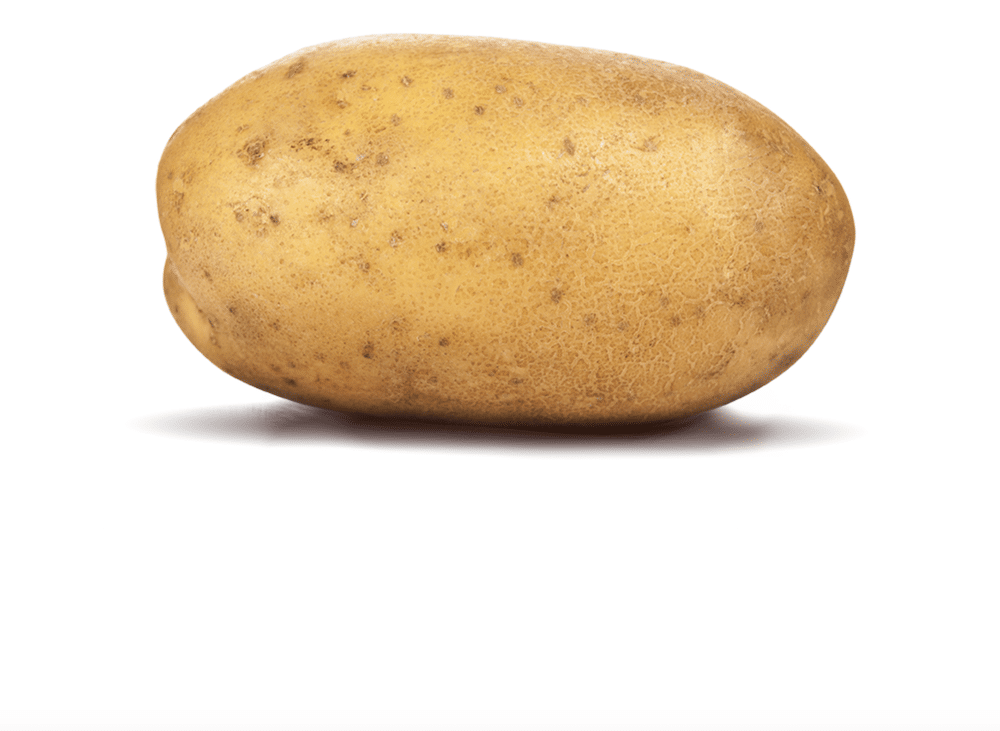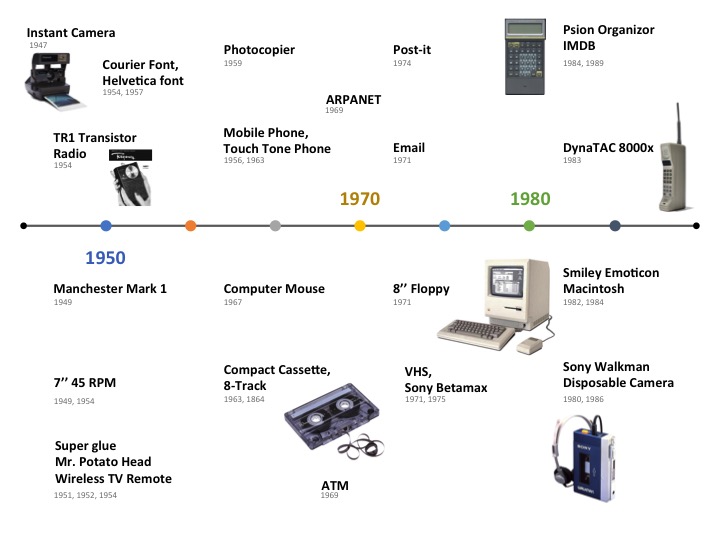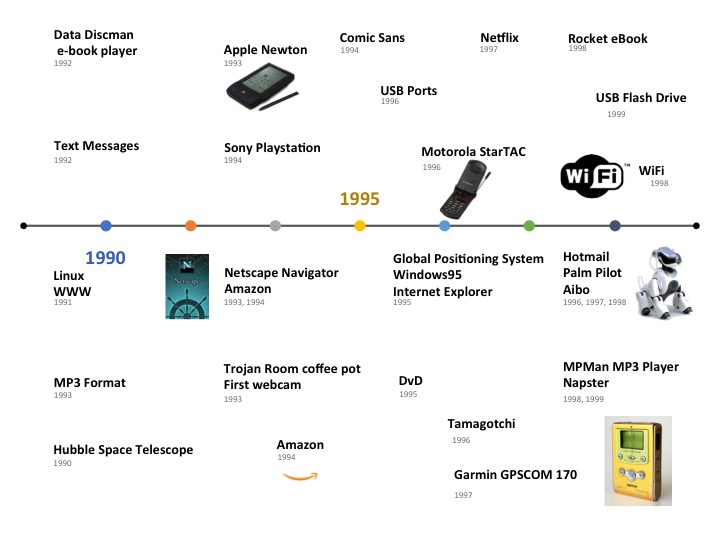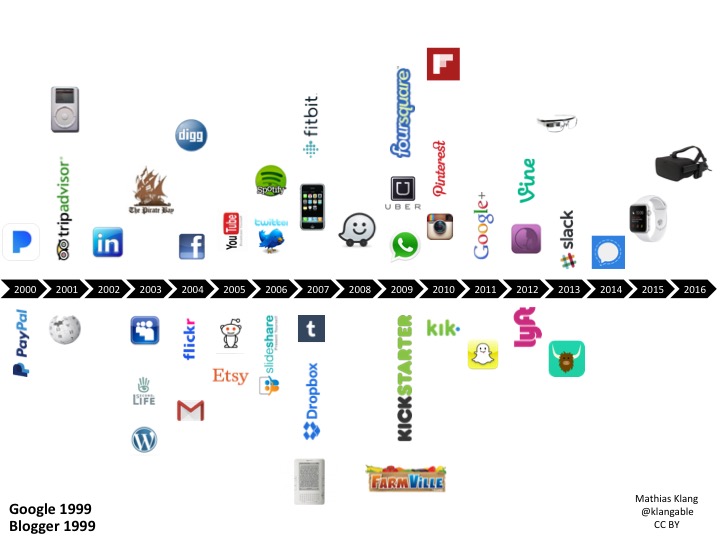In a fascinating addition to the screen time debate (aka is social media hurting the kids) Przybylski & Orben have published a study in Nature Human Behavior, the study is based on massive amounts of statistical data and has once again shown that we shouldn’t be freaking out about screens or social media. Since the market for fear mongering books about technology that tickle parent paranoia are profitable, I doubt that this will settle the discussion.
Highlights from their study:
With this in mind, the evidence simultaneously suggests that the effects of technology might be statistically significant but so minimal that they hold little practical value.
While we find that digital technology use has a small negative association with adolescent well-being, this finding is best understood in terms of other human behaviours captured in these large-scale social datasets. When viewed in the broader context of the data, it becomes clear that the outsized weight given to digital screen-time in scientific and public discourse might not be merited on the basis of the available evidence.
More harmful than screens
For example, in all three datasets the effects of both smoking marijuana and bullying have much larger negative associations with adolescent well-being… than does technology use.
More important than reducing screen time
Positive antecedents of well-being are equally illustrative; simple actions such as getting enough sleep and regularly eating breakfast have much more positive associations with well-being than the average impact of technology use…
Best line in the paper…
Neutral factors provide perhaps the most useful context in which to judge technology engagement effects: the association of well-being with regularly eating potatoes was nearly as negative as the association with technology use…





